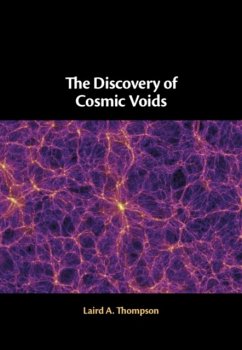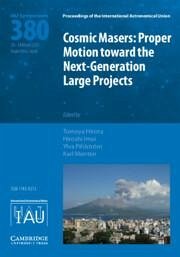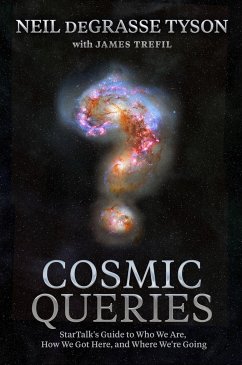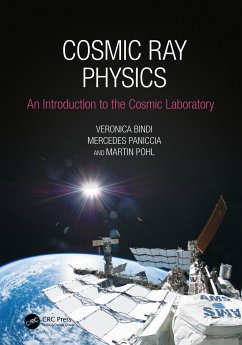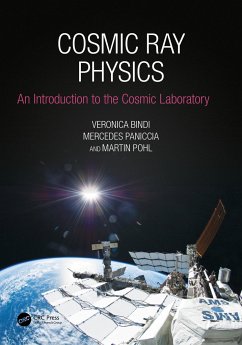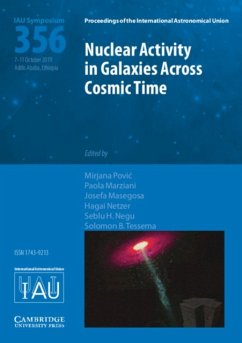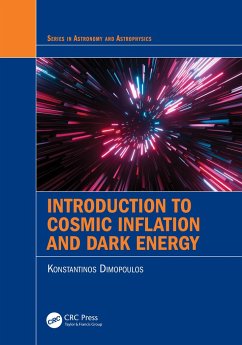
Cosmic Messengers
The Limits of Astronomy in an Unruly Universe
Versandkostenfrei!
Versandfertig in 2-4 Wochen
45,99 €
inkl. MwSt.
Weitere Ausgaben:

PAYBACK Punkte
23 °P sammeln!
Astronomer Martin Harwit, author of the influential book Cosmic Discovery, asks key questions about the ultimate scope of astronomical observations limiting our understanding of the Universe. This accessible book is for all astronomers, astrophysicists, and others broadly interested in the unruly world we humans inhabit.




